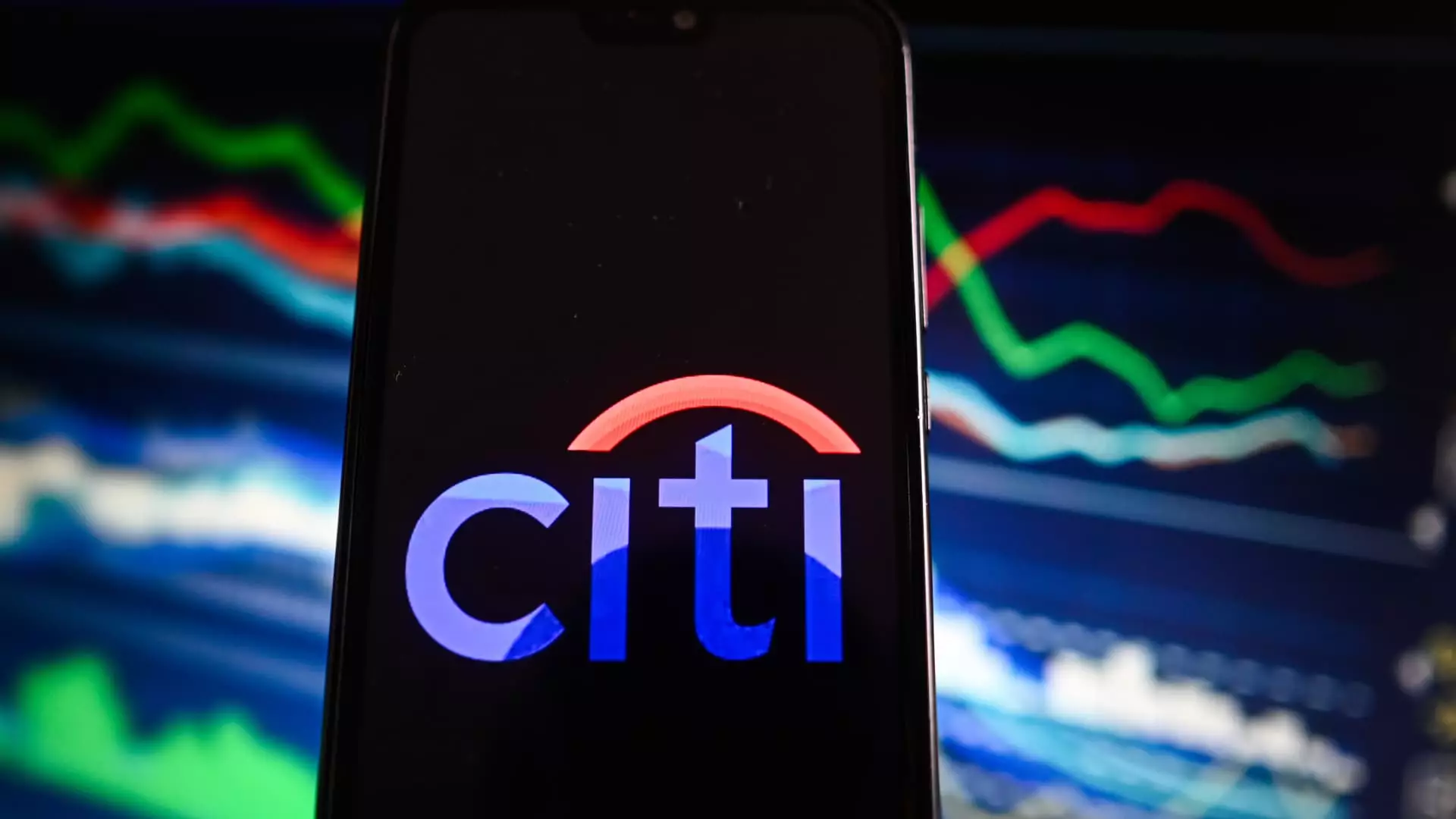In the wake of significant political events, such as presidential elections, financial markets often display a profound sensitivity to perceived outcomes. Recently, we witnessed a notable surge in banking stock shares as news of Donald Trump’s electoral lead began circulating. This phenomenon is not merely coincidental; historical trends suggest that markets closely monitor electoral results due to the implications these outcomes hold for regulatory environments and economic policies. As major banks like Citigroup, Bank of America, Wells Fargo, and Goldman Sachs experienced substantial upswings in their stock prices, it became clear that investor sentiment was leaning towards optimism in light of Trump’s anticipated policies.
One of the primary reasons behind this bullish sentiment is the expectation of regulatory rollbacks that favor banking institutions under a Republican administration. Analysts, including TD Cowen’s Jaret Seiberg, have articulated a clear view of how Trump’s approach is likely to reshape the financial landscape. The prospect of reducing oversight from the Consumer Financial Protection Bureau (CFPB) offers banks the potential for increased profitability and operational flexibility. The possibility of deregulation especially resonates in an economic climate where banks are navigating the complexities of compliance and capital requirements.
Seiberg’s analysis suggests that Trump’s presidency may usher in significant changes that go beyond just financial regulation; it may recalibrate the entire framework within which banks operate. Lower capital requirements and relaxed policies surrounding credit card fees can create an environment conducive to higher profit margins. Furthermore, the anticipated leniency toward cryptocurrency regulations might attract innovative financial solutions, positioning banks favorably within emerging markets.
Despite the overall optimistic forecasts, it is crucial to address the accompanying risks tied to Trump’s policy agenda. While deregulation can benefit financial institutions, proposed tariffs and other contentious policies may lead to inflationary pressures that could dampen consumer spending and economic growth. This jarring juxtaposition presents a dilemma for investors; while banking stocks may appear to be on an upward trajectory, the unpredictable nature of Trump’s plans could introduce volatility that undermines long-term stability.
Moreover, the mixed implications of Trump’s presidency for various sectors signal a cautious approach moving forward. Investors should weigh the potential benefits of deregulation against the inherent uncertainties in trade policies and other economic actions tied to his administration. Ultimately, while banking stocks may thrive under a more lax regulatory regime, close monitoring of trade-related developments remains vital.
The recent movements in banking stocks serve as a striking reminder of the intertwining relationship between political outcomes and market performance. Trump’s leadership, characterized by promises of deregulation, undoubtedly holds appeal for financial markets; however, investors should remain vigilant regarding the full spectrum of potential outcomes that may impact the broader economy. Balancing optimism with prudence will be essential as markets navigate this changing landscape, ensuring that short-term gains do not obscure the clouds that may loom on the horizon.


Leave a Reply